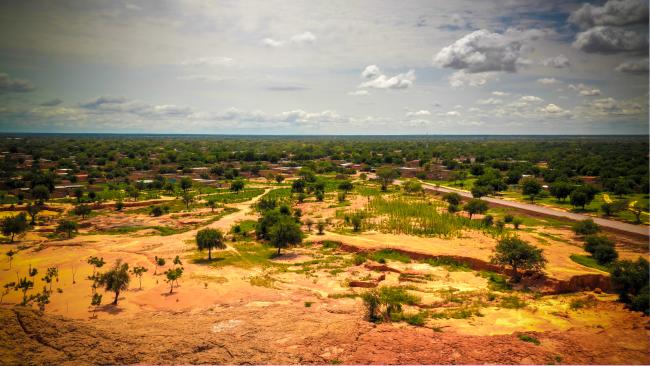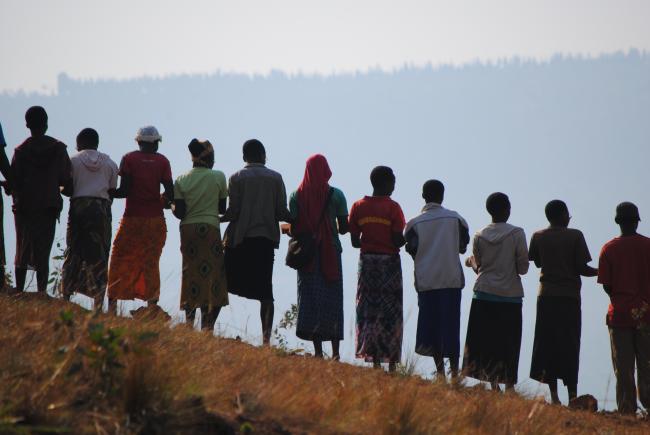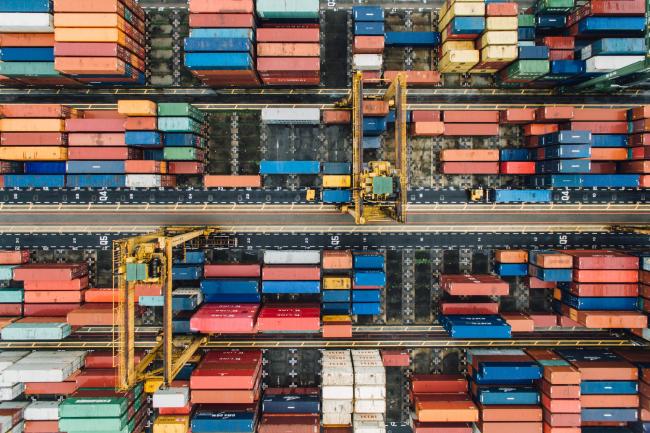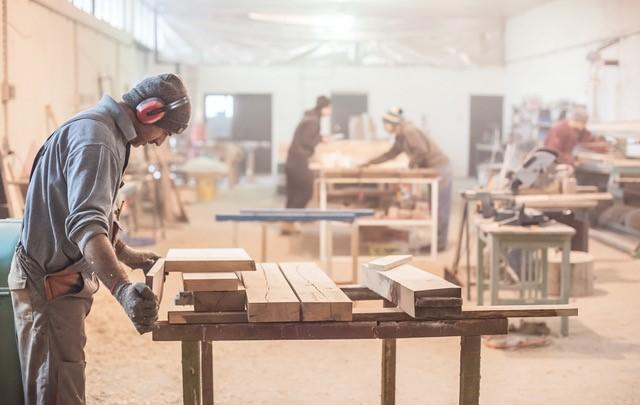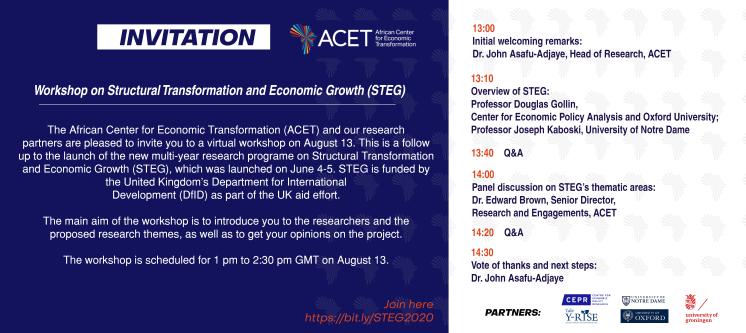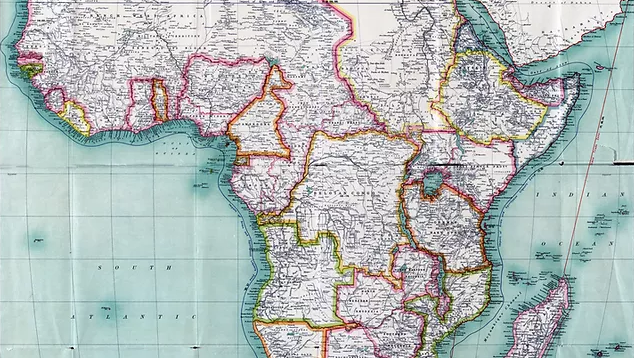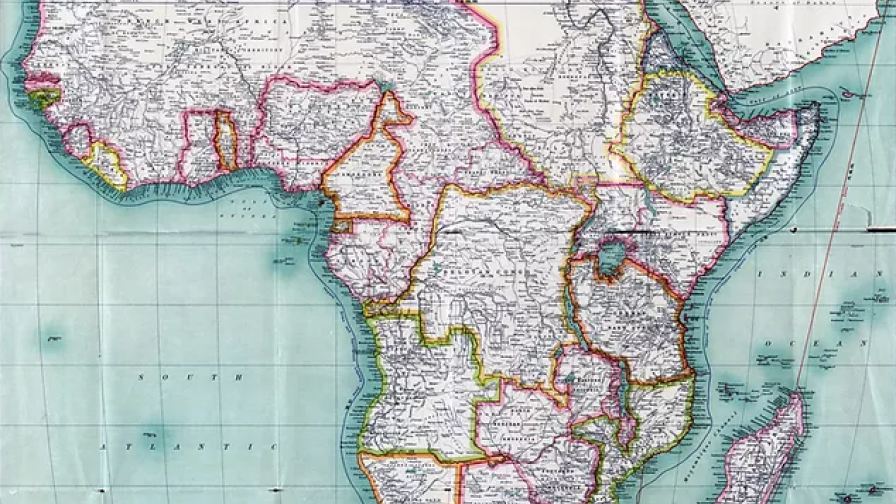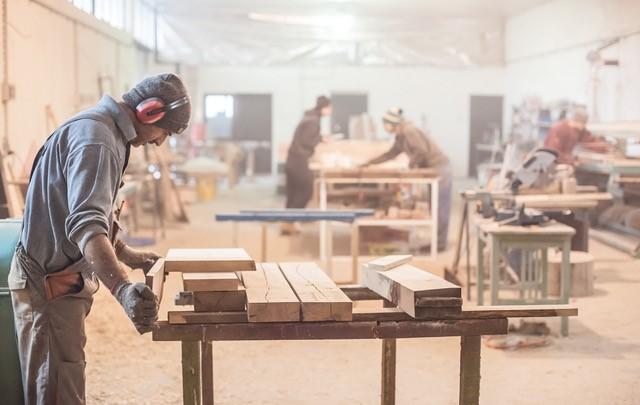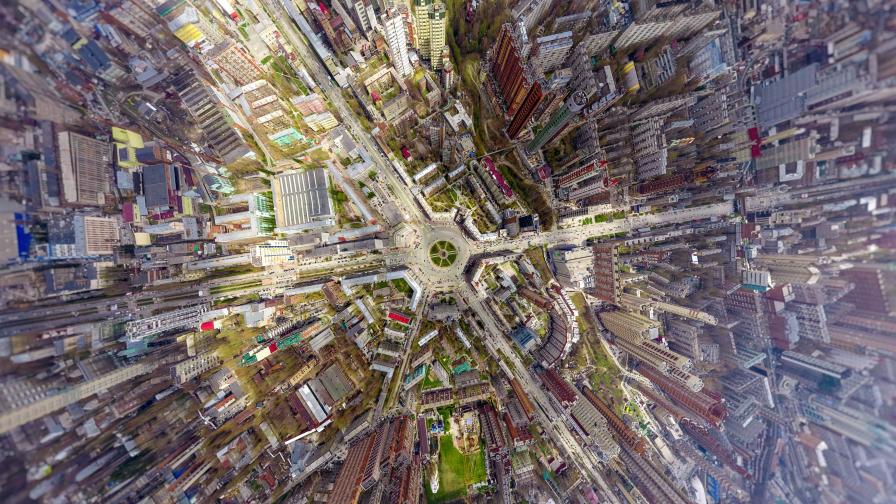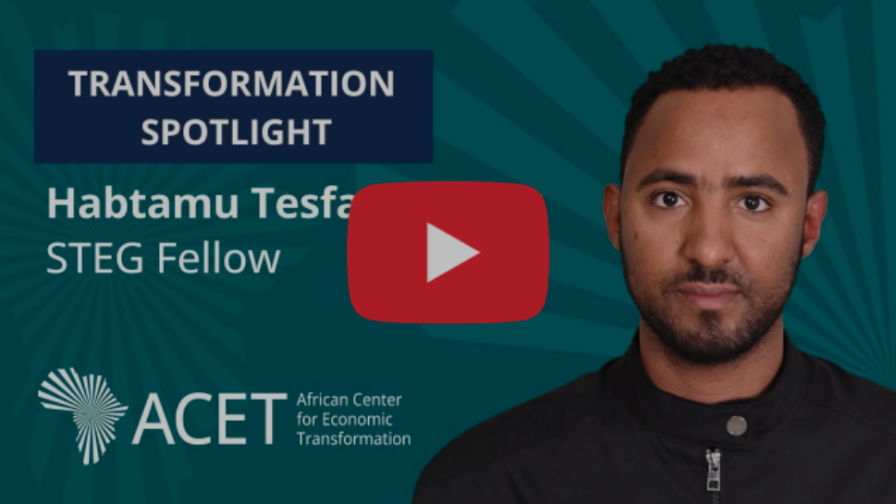Inequality and inclusion are critical elements of the research around structural transformation. It is essential that the process of development benefits the most poor, vulnerable and marginalised groups as well as the wider population. Policymakers must be aware of the heterogenous impacts of policies on different groups and minimise exclusionary practices. Processes such as urbanisation have the potential to raise incomes for groups who migrate to cities but rural populations must not be forgotten. Other spatial and regional inequalities, perhaps initially created by trade or natural resource endowments, must also be addressed. Inequality and exclusion can create conflict that slows or even reverses processes of structural transformation. The role of public and industrial policy in managing inequalities between different groups will be critical to minimising these conflicts.
Cross-Cutting Issue 3: Inequality and Inclusion
Issue 3 recognises the unequal impacts of structural transformation and the need to shape policy so as to include and support the most disadvantaged groups.
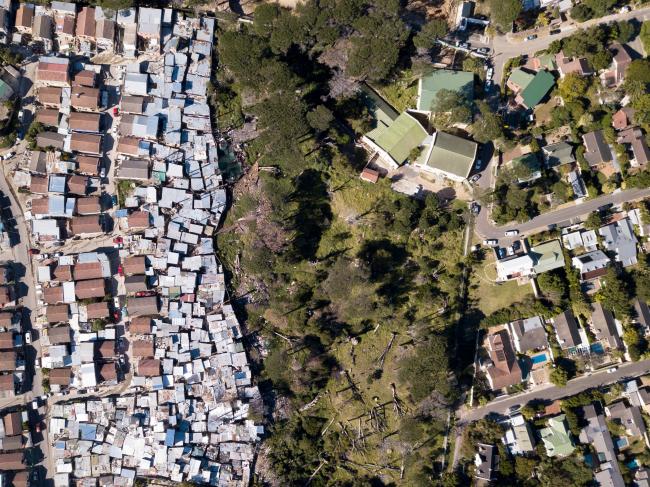
Related content
